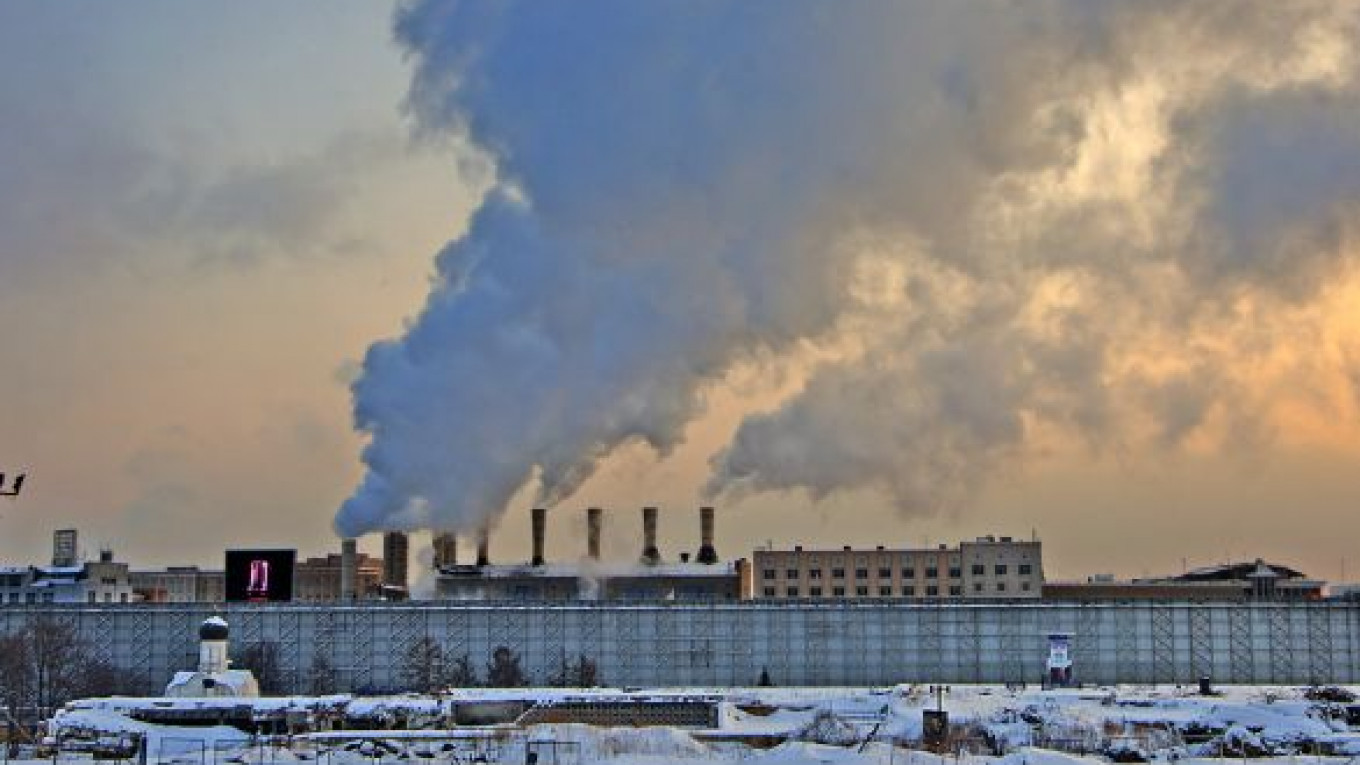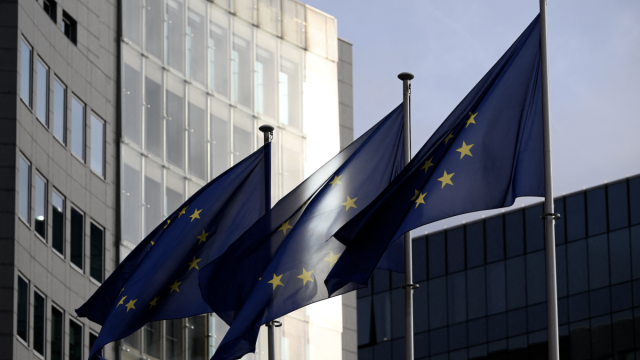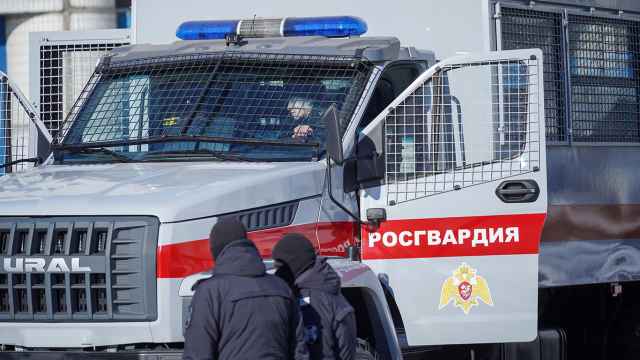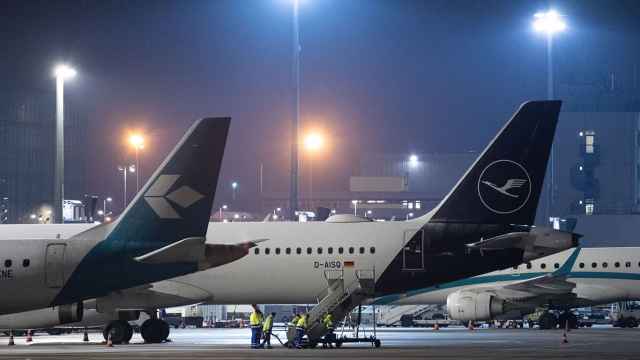Residents of the historical zone next to the Kremlin dominated by the ruins of the Rossiya Hotel said last week that the park Prime Minister Vladimir Putin ordered to be built on the site should reconnect Muscovites with their past.
Speaking at a debate organized by heritage preservation organization Arkhnadzor, experts expressed opposition to the construction of a large concert hall that Moscow Mayor Sergei Sobyanin wants to see included in the park.
Bordered by the Moscow River to the south and Red Square to the west, a 10-hectare area of closely packed houses and historical merchant buildings was bulldozed in the 1930s and 1940s to make way for the Rossiya Hotel. The Soviet behemoth was, in turn, demolished between 2004 and 2010.
The Rossiya plot is located in a neighborhood called Zaryadye — which literally means "behind the merchants' stands." Famous as a mercantile area since the 16th century, it also contains five churches and two museums.
During a visit to the site of prime real estate with Sobyanin on Jan. 20, Putin said the rubble-strewn lot should be transformed into a park. A competition for development proposals — open to professionals and amateurs — was opened on Feb. 1. Bids must be submitted by March 15.
The Rossiya Hotel caused a high concentration of people, restaurants, hotels, a concert hall, cars, buses and lots of tourists, said Father Vyacheslav Shestakov, a priest at the Patriarch's town church, one of the Orthodox Christian buildings on the site. "We would not want to return to that sort of situation."
Several speakers at the event, including transport expert Mikhail Blinkin, said the big influxes of people drawn by a large concert hall would ruin any park.
One of the museums on the site is the Old English Court, the 16th-century home of Britain's first ambassador in Russia. Its director, Alexander Sotin, told The Moscow Times that the proposal to turn the Zaryadye into a park was an opportunity to make the city "more cozy and more human."
Before it became the capital in the 20th century, Moscow had been a quiet place where people from St. Petersburg came for holidays, Sotin said.
Activists raised questions about the transparency of the competition to develop the site and suggested that 43 days are insufficient for a professional entry to be submitted. "Someone is deciding for us what will be in our own city," Arkhnadzor's Natalya Samover said.
The specifics of the site are also not fully understood. The concrete foundations of a never-built Stalinist skyscraper are still embedded in the ground alongside what many suspect are military bunkers.
All the speakers agreed that Putin's park initiative for the Zaryadye, announced less than three months before the presidential election in which he is the frontrunner, could be a "luxurious present" for Moscow with the potential to resemble New York's Central Park.
But Arkhnadzor activist Alexander Mozhayev warned that there was a lot of subtleness required to create a beautiful urban green space. "It's much harder to create a park than a building because there is less to do," he said.
A Message from The Moscow Times:
Dear readers,
We are facing unprecedented challenges. Russia's Prosecutor General's Office has designated The Moscow Times as an "undesirable" organization, criminalizing our work and putting our staff at risk of prosecution. This follows our earlier unjust labeling as a "foreign agent."
These actions are direct attempts to silence independent journalism in Russia. The authorities claim our work "discredits the decisions of the Russian leadership." We see things differently: we strive to provide accurate, unbiased reporting on Russia.
We, the journalists of The Moscow Times, refuse to be silenced. But to continue our work, we need your help.
Your support, no matter how small, makes a world of difference. If you can, please support us monthly starting from just $2. It's quick to set up, and every contribution makes a significant impact.
By supporting The Moscow Times, you're defending open, independent journalism in the face of repression. Thank you for standing with us.
Remind me later.







